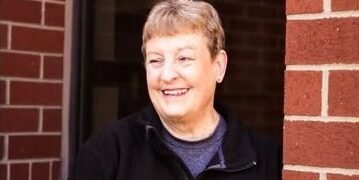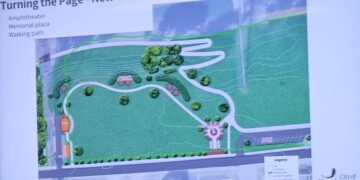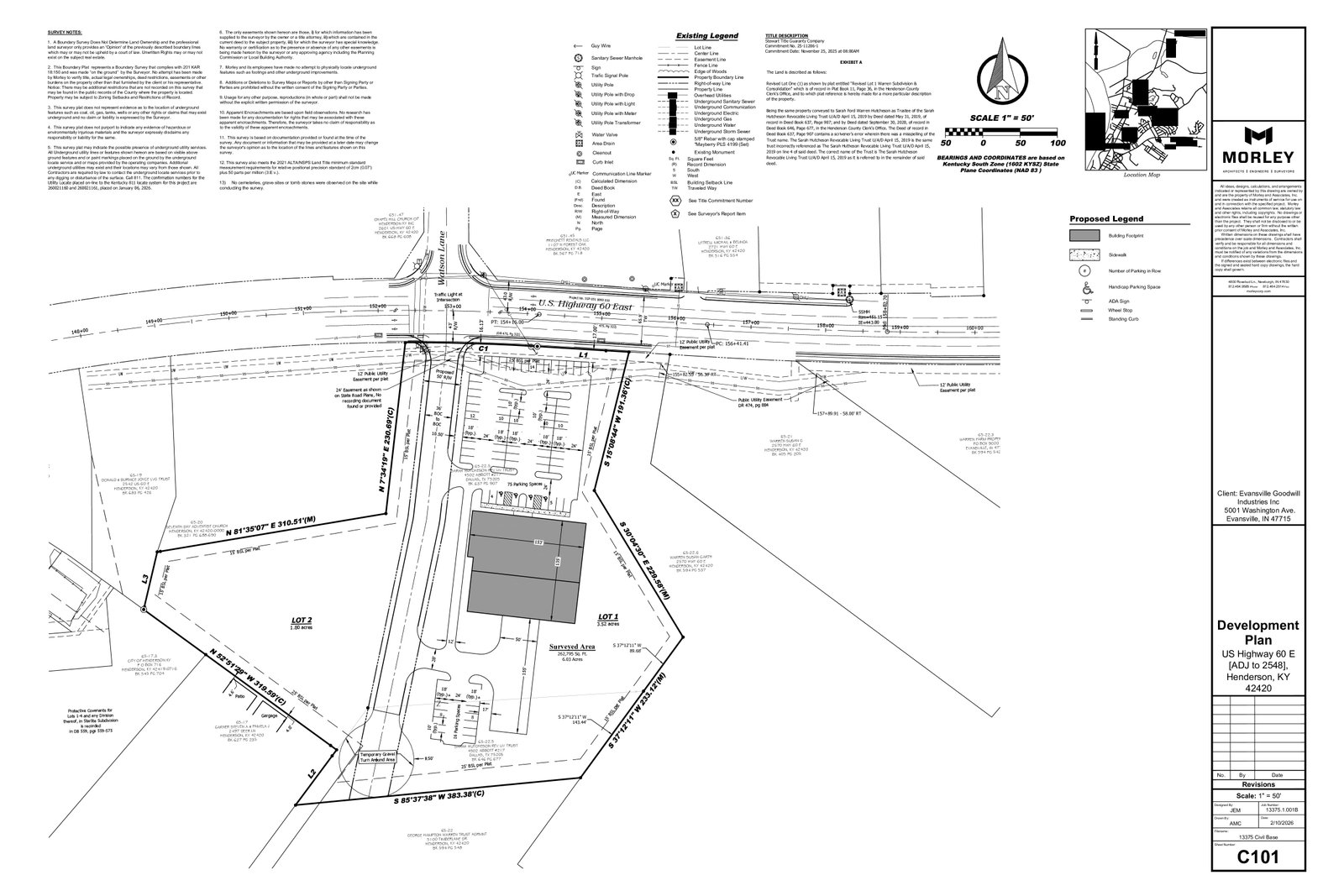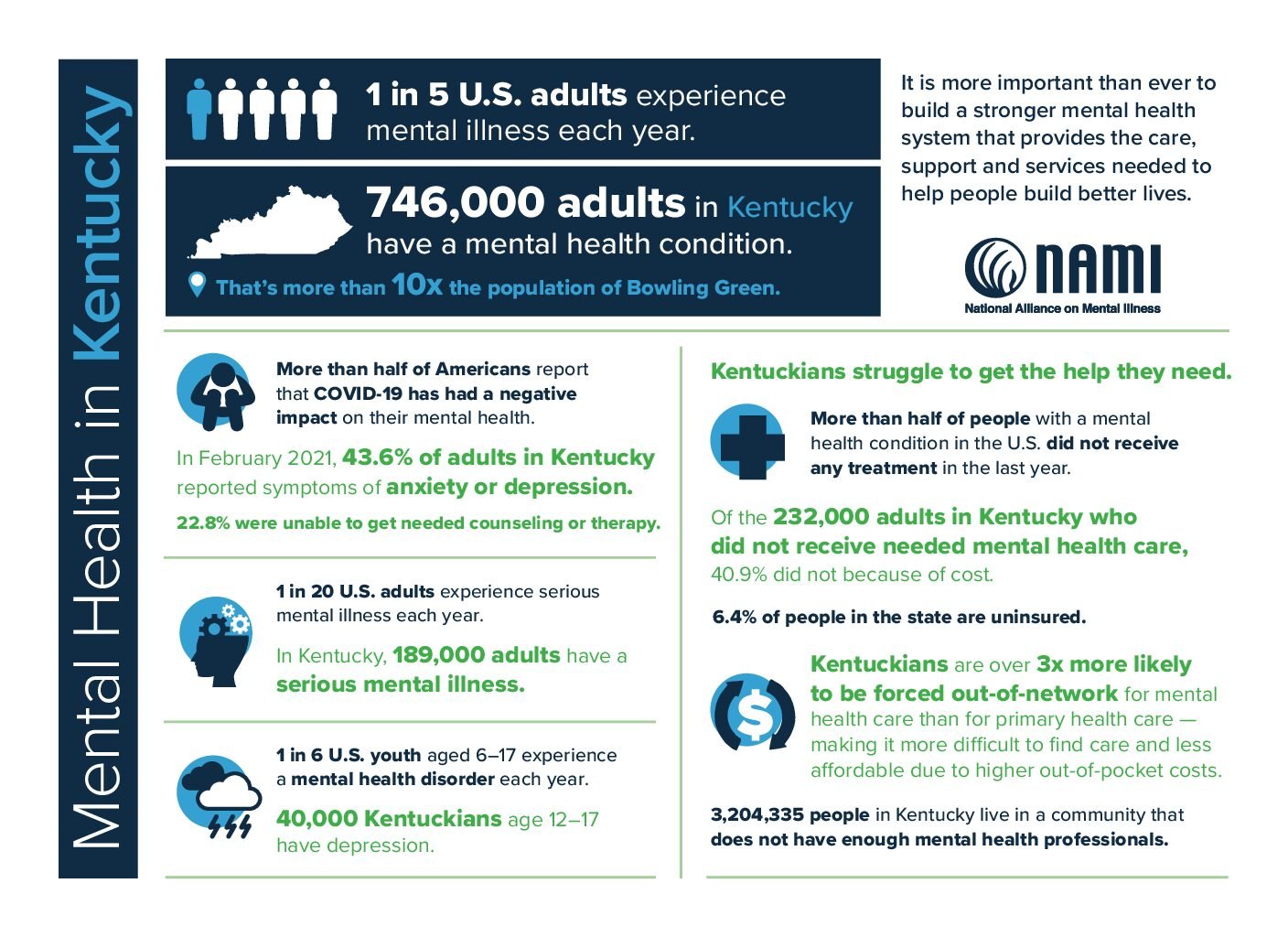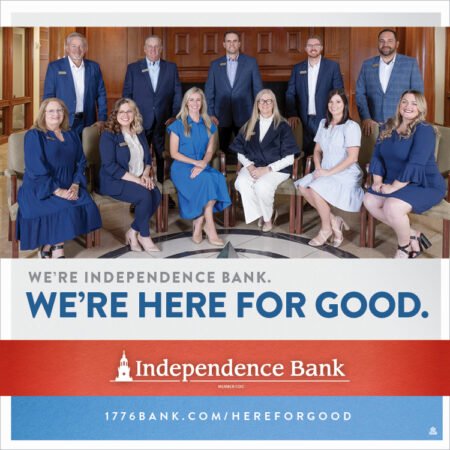A newly formed mental health collaborative offers help that individuals can access on their own without the need of insurance or Medicaid to cover costs and emphasizes that seeking help is a sign of strength, not weakness.
Dr. Lionel Phelps, with RiverValley Behavioral Health, said one of the goals of the Green River Mental Health Collaborative, which is a partnership among RVBH, Owensboro Health and the Green River Health Department, is to offer information sources for those who may be struggling with mental health issues so that they can explore the resources and do research. That may then lead people to seek out one-on-one help with trained mental health professionals, he said.
To start, visit www.HealthyMindsKY.org.
He recommended a person seeking help to start with CredibleMind, a free population level mental health and wellness platform that is located on the site.
Phelps said officials in the three organizations have been meeting monthly for a year while discussing the region’s mental health challenges. Phelps said that the number of mental health counselors in the region is low, while those who need mental health help is increasing all the time, one reason they concluded that electronic resources would be so valuable in the area.
Recently to continue to provide support, Phelps said peer supports—those who are in recovery from mental health illnesses or drug addiction—have been utilized to help serve patients. They provide valuable insight with their “lived experiences” for those who are suffering, he said.
A release about the collaborative states that mental health is an essential pillar of overall health.
“Mental health is not separate from physical health; it is fundamental to it. We can’t expect to improve our community’s health without prioritizing mental well-being,” said Dr. Wanda Figueroa-Peralta, RVBH President & CEO, in a prepared statement. “When we address mental health, we are also addressing chronic disease, substance use, maternal health and countless other health outcomes that are interconnected. This Collaborative allows us to tackle these issues more effectively together. By breaking down silos and addressing mental health as a vital part of community health, we are working toward a healthier, more resilient region.”
Phelps said that 60% of people who suffer from mental health-related issues don’t seek help. He said men are much more likely not to reach out for help. He said working with new mothers who may be dealing with depression is also a priority.
According to the National Alliance on Mental Illness, many do not seek the help they need due to stigma, lack of awareness, believing their symptoms are not serious enough, financial barriers and lack of accessibility, according to the release. These challenges are even more pronounced in rural communities, where limited access to care, provider shortages, and persistent stigma create significant barriers to treatment, said the release.
NAMI also said that more than 3 million Kentuckians live in areas with a shortage of mental health professionals.
Phelps said education and spreading information about mental health is key to reducing stigma around seeking help. With more awareness, people will realize that “mental health challenges are very common” and they may feel more encouraged to seek help and not be afraid to talk about their mental health challenges, Phelps said.
Also found on the www.HealthyMindsKY.org is the 988 Suicide & Crisis Lifeline, which also offers free, professional support.

